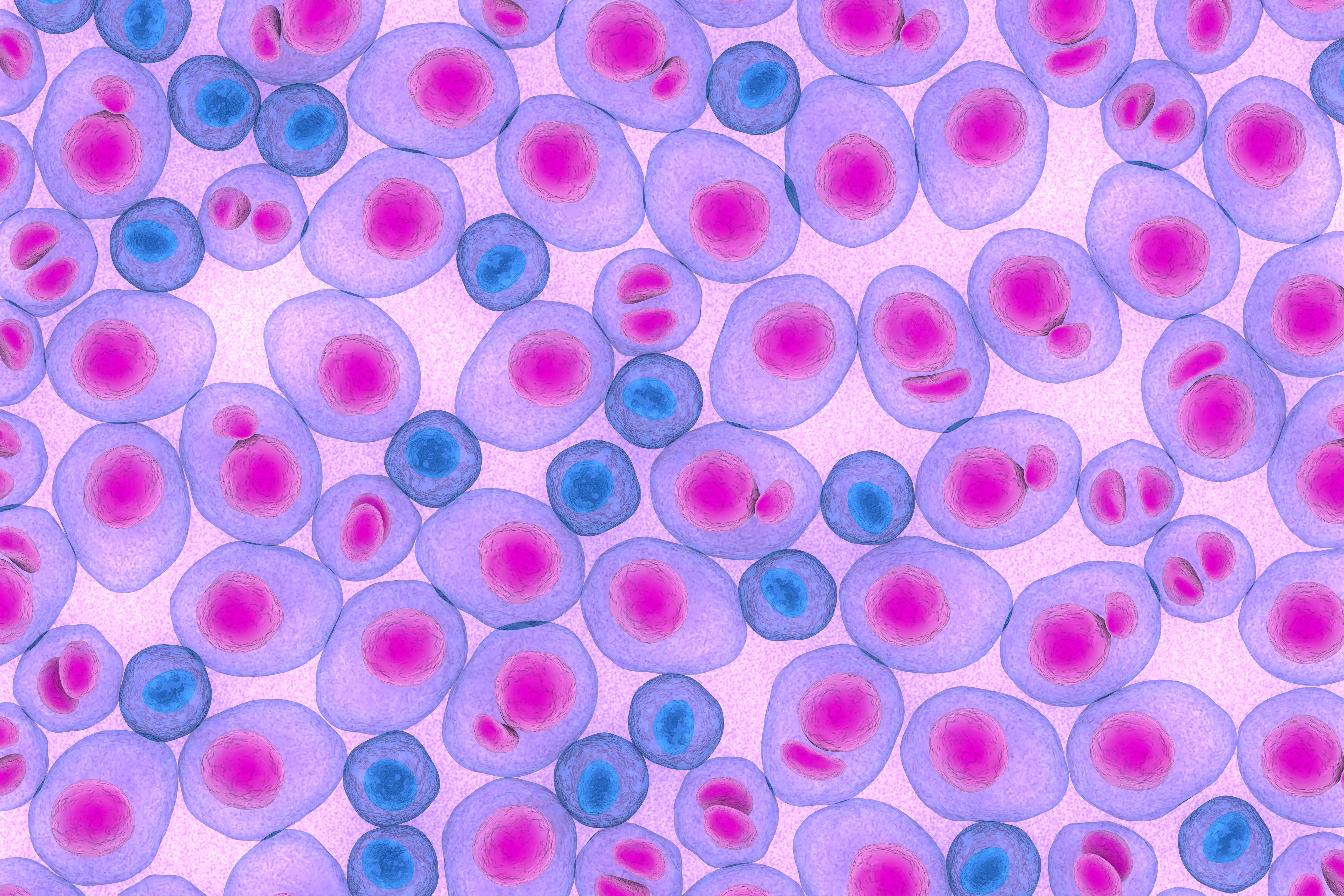Considerations for Switching to Jaggery
Explore the considerations for switching to jaggery, including its health benefits, nutritional value, and potential risks compared to refined sugar.

Written by Dr. Md Yusuf Shareef
Reviewed by Dr. Shaik Abdul Kalam MD (Physician)
Last updated on 13th Jan, 2026

Sugar is a staple in many diets, but excessive consumption can lead to health issues like diabetes, obesity, and heart disease. As people become more health-conscious, alternatives like jaggery (gur) are gaining popularity. Made from sugarcane or palm sap, jaggery is less processed than white sugar and retains essential nutrients.
If you're thinking of switching to jaggery, here’s what you need to know to make an informed choice.
What is Jaggery?
Jaggery is a traditional sweetener commonly used in India and other Asian countries. Unlike refined sugar, which undergoes heavy processing, jaggery is made by boiling sugarcane juice or palm sap until it solidifies. This minimal processing helps retain minerals like iron, magnesium, potassium, and calcium, making it a slightly healthier option.
Consult a Top Nutritionist
Health Benefits of Jaggery
Switching to jaggery can offer several health advantages:
1. Rich in Nutrients
Jaggery contains trace amounts of essential minerals that are lost in refined sugar. These nutrients support:
- Iron – Helps prevent anemia.
- Magnesium – Supports muscle and nerve function.
- Potassium – Aids in maintaining blood pressure.
2. Better Digestion
Jaggery stimulates digestive enzymes, helping with:
- Reducing bloating and indigestion.
- Relieving constipation (when consumed in moderation).
3. Boosts Immunity
- The antioxidants in jaggery help fight free radicals, reducing oxidative stress and strengthening immunity.
4. May Help with Respiratory Issues
- Some people use jaggery with warm water or ginger to relieve cough and cold symptoms.
5. Energy Booster
- Unlike sugar, which causes energy spikes and crashes, jaggery releases energy slowly, keeping you active for longer.
Things to Consider Before Switching to Jaggery
While jaggery has benefits, it’s not a miracle food. Here’s what you should keep in mind:
1. It’s Still a Form of Sugar
Jaggery contains sucrose, just like white sugar, and has a similar calorie count. Overconsumption can still lead to weight gain and blood sugar spikes.
2. Not Suitable for Diabetics
Despite being a natural sweetener, jaggery has a high glycemic index (GI). Diabetics should consume it cautiously or consult a doctor before making the switch.
3. Quality Matters
Some commercial jaggery may contain additives or impurities. Always choose organic, unrefined jaggery from trusted sources.
4. Moderation is Key
Even natural sweeteners should be consumed in limited quantities. The recommended daily intake is about 10-15 grams (1-2 small pieces).
5. May Not Be Ideal for Weight Loss
If you’re trying to lose weight, replacing sugar with jaggery alone won’t help—you still need to control overall calorie intake.
How to Use Jaggery in Your Diet
Here are some simple ways to incorporate jaggery into your meals:
- Replace sugar in tea or coffee – Use a small piece instead of sugar.
- Desserts & sweets – Use jaggery in halwa, laddoos, or kheer.
- Healthy snacks – Pair jaggery with nuts like peanuts or almonds for an energy boost.
- Digestive aid – Have a small piece after meals to aid digestion.
Who Should Avoid Jaggery?
While jaggery is beneficial for many, some people should limit or avoid it:
- Diabetics – Can cause blood sugar spikes if consumed in excess.
- People with obesity – High-calorie content may contribute to weight gain.
- Those with digestive issues – Excessive intake may cause bloating or acidity.
If you have any health conditions, consult a doctor before making dietary changes.
For personalized advice on dietary changes, especially if you have diabetes or other health concerns, consult a nutritionist or doctor. You can easily book an appointment with an expert on Apollo 24|7 for guidance tailored to your needs.
Final Thoughts: Is Jaggery a Better Choice?
Jaggery is a healthier alternative to refined sugar due to its nutrient content and slower digestion. However, it should still be consumed in moderation. If you’re looking to reduce sugar intake, jaggery can be a good option—but it’s not a free pass to indulge excessively.
Consult a Top Nutritionist
Consult a Top Nutritionist

Ms. Sushma Jaiswal
Dietician
42 Years • M.Sc.(Food & Nutrition)
Bengaluru
Swasthya Nutrition, Bengaluru
Dt. Ila Sharma
Clinical Nutritionist
18 Years • Master in food & Nutrition
Gurugram
VIPUL GREENS - SOCIETY CLINIC, Gurugram

Ms. Soma Saha
clinical nutrition
17 Years • B.Sc. - Home Science (Food & Nutrition), M.Sc. - Home Science (Food & Nutrition)
Kolkata
Dr Utsa Basu Clinic, Kolkata
(50+ Patients)

Ms. Samapti Maity
Dietician
16 Years • MSc. (Clinical Nutrition & Dietitics), NDEP, Course in Maternal Infant Young Child Nutrition.Diploma in Sports Nutrition, Diploma in Diabetic educator, FODMAP Specialist
Kolkata
BIENETRE CLINIC, Kolkata
Dr Sumanth R
General Physician
2 Years • MBBS
Bengaluru
PRESTIGE SHANTHINIKETAN - SOCIETY CLINIC, Bengaluru
Consult a Top Nutritionist

Ms. Sushma Jaiswal
Dietician
42 Years • M.Sc.(Food & Nutrition)
Bengaluru
Swasthya Nutrition, Bengaluru
Dt. Ila Sharma
Clinical Nutritionist
18 Years • Master in food & Nutrition
Gurugram
VIPUL GREENS - SOCIETY CLINIC, Gurugram

Ms. Soma Saha
clinical nutrition
17 Years • B.Sc. - Home Science (Food & Nutrition), M.Sc. - Home Science (Food & Nutrition)
Kolkata
Dr Utsa Basu Clinic, Kolkata
(50+ Patients)

Ms. Samapti Maity
Dietician
16 Years • MSc. (Clinical Nutrition & Dietitics), NDEP, Course in Maternal Infant Young Child Nutrition.Diploma in Sports Nutrition, Diploma in Diabetic educator, FODMAP Specialist
Kolkata
BIENETRE CLINIC, Kolkata
Dr Sumanth R
General Physician
2 Years • MBBS
Bengaluru
PRESTIGE SHANTHINIKETAN - SOCIETY CLINIC, Bengaluru




